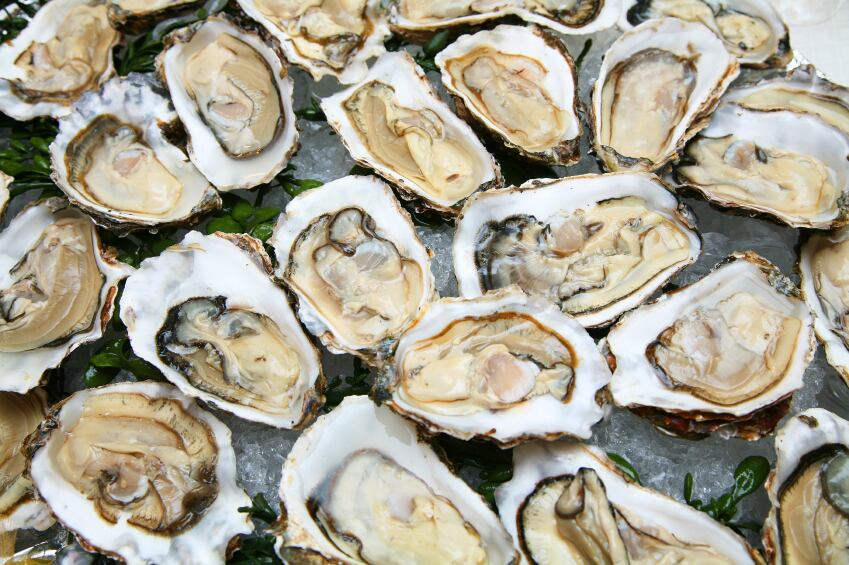Writing in the Journal of Allergy and Clinical Immunology: In Practice, experiments revealed that 53% of siblings of food allergic children were sensitive to certain foods but not exhibit food allergy symptoms.
Further results identified approximately 33% of siblings tested negative and exhibited no allergic reactions to food. Only 13.6% of siblings had a defined food allergy.
Food allergy is a growing public health concern that particularly impacts children. Allergy to cow's milk and egg is more common among younger children, while allergy to peanut, tree nuts, fish, and shellfish was more common among the older ones.
One study placed the lifetime self-reported prevalence of allergy to common foods in Europe in the range of 0.1 to 6.0%
The results of this study may also be of interest to families with a history of food allergies. Avoidance of foods by the siblings of children, who are allergic to certain foods, might result in unnecessary food avoidance, which may impact quality of life and nutrition.
In addition, studies have shown food avoidance can also increase the risk of developing an allergy to that food in later life.
Study details

Researchers from the Ann & Robert H. Lurie Children's Hospital of Chicago enrolled 2834 children into the study with 1120 of them (ages 0-21 years) suffering from a food allergy and having at least one biological sibling.
Food allergy details were gathered from interviews, as well as results of specific IgE blood test and skin prick testing.
“Our data suggests that the risk of food allergy in siblings of an affected child is only minimally higher than in the general population," said Dr Ruchi Gupta, lead author of the study and paediatrician at Ann & Robert H. Lurie Children's Hospital of Chicago.
"We also observed that testing might show sensitisation to peanuts in a child who has never had peanuts, for example, but that might not mean that eating a peanut will provoke allergic symptoms in that child."
Previous research

Previous knowledge about potentially fatal food reactions such as those with peanuts in one sibling may be a risk factor for peanut allergy in the younger sibling.
However, these studies have limitations with a focus on peanut allergy or peanut, egg, and sesame allergy as a group. These studies were conducted in a small sample size.
The study noted that in enrolling a large cohort of food allergic families, a small proportion of siblings were both sensitised and clinically reactive to a food.
“Sensitisation without reactivity was common among siblings,” they reported. “..and testing for food allergy in siblings without a history of clinical reactivity appears to be unjustified.”
“The risk of clinically irrelevant food sensitisation is several-fold more likely than sensitisation with clinical reactivity, showing low frequency of sibling-associated risk of food allergy compared with falsely positive test results,” the study concluded.
Source: Journal of Allergy and Clinical Immunology: In Practice
Published online ahead of print, doi:10.1016/j.jaip.2016.04.009
“Food Allergy Sensitization and Presentation in Siblings of Food Allergic Children.”
Authors: Ruchi Gupta et al.
